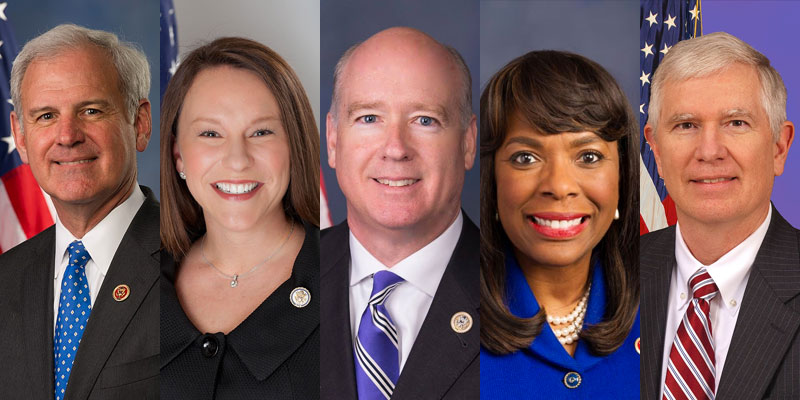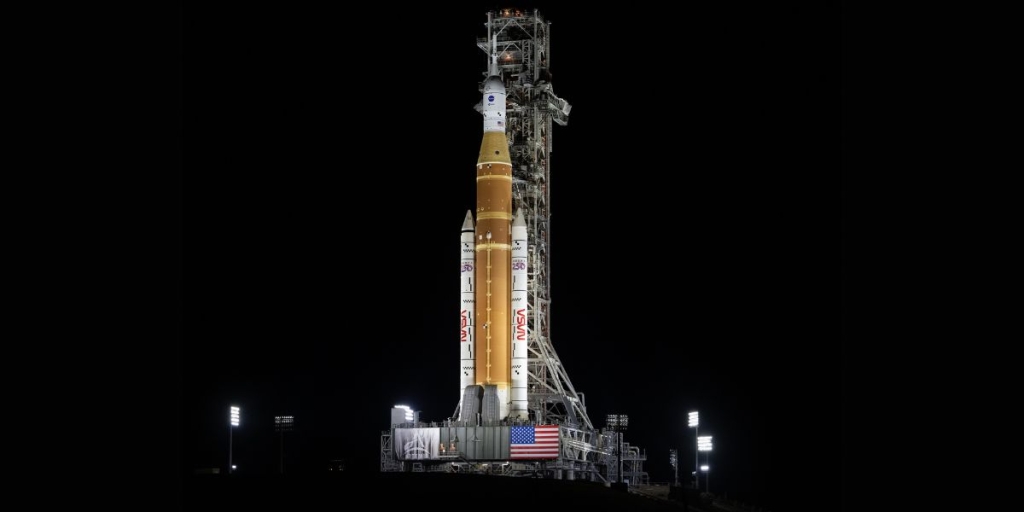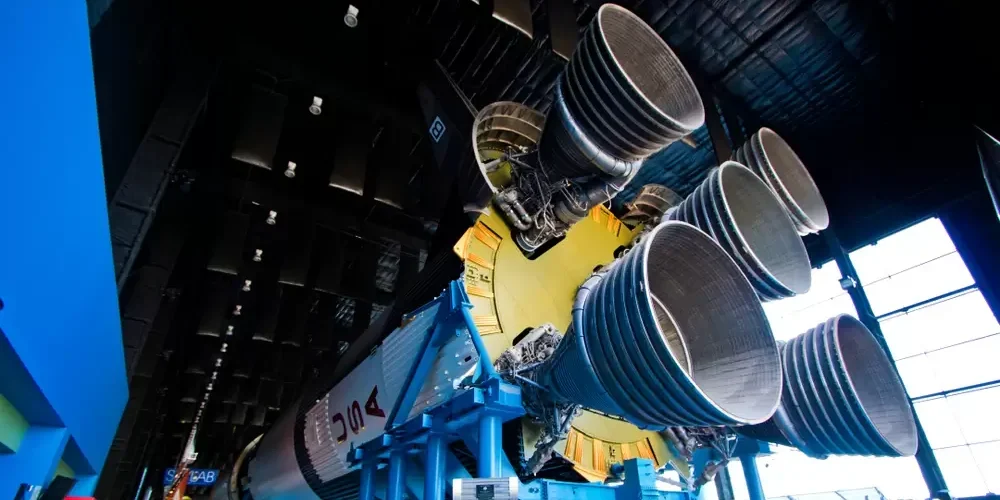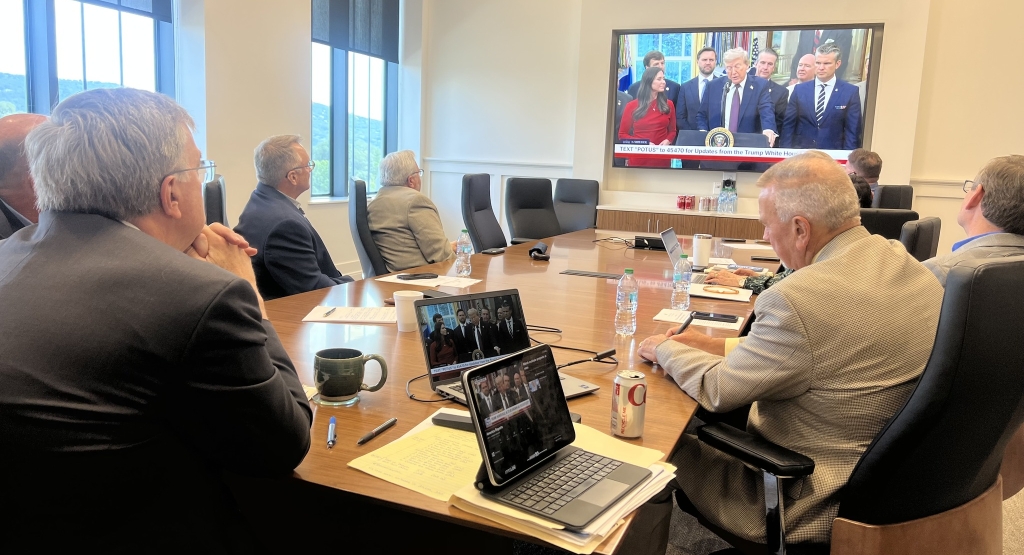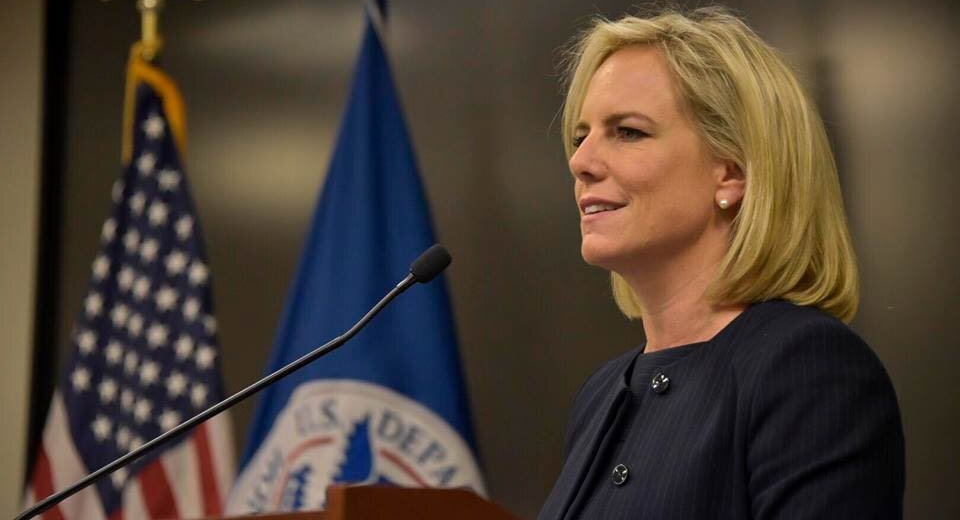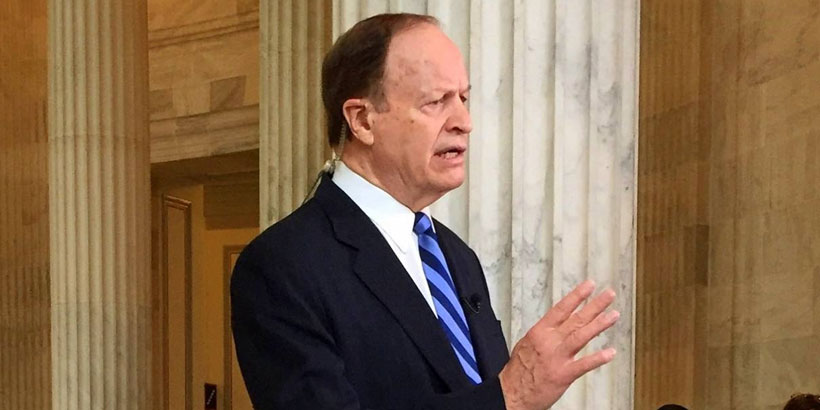Led by Congressman Mo Brooks (AL-05), members of Alabama’s U.S. House delegation are fighting simultaneously on behalf of Alabama’s aerospace industry and to maintain the military’s commitment to its national security space launch program.
On Friday afternoon, a bipartisan group of 27 representatives of the U.S. House of Representatives signed onto Brooks’ letter to Air Force Secretary Heather Wilson supporting the National Security Space Launch Program’s Phase 2 acquisition strategy. The group included Reps. Bradley Byrne (AL-01), Martha Roby (AL-02), Robert Aderholt (AL-04) and Terri Sewell (AL-07). Reps. Mike Rogers (AL-03) and Gary Palmer (AL-06) did not sign the letter.
This letter was first reported by Yellowhammer News when it was being drafted and circulated to potential signatories. Now delivered to Wilson, the letter represents a major stand for the Yellowhammer State and for modern national security interests.
The signatories called on the Air Force to refrain from weakening any performance requirements and emphasized the importance of limiting Phase 2 missions to two launch providers.
The program, called Launch Services Agreement (LSA), originally awarded three companies the opportunity to develop launch vehicles for use in national security space missions under public-private partnerships.
News of the award to carry national security payloads brought praise from Sen. Richard Shelby (R-AL) and others.
The companies entered into LSA with the understanding that certain performance requirements were necessary to participate in a second phase of the program where the Air Force would only call on the top two providers.
As a result, companies became incentivized to make substantial investments for the opportunity to participate in the second phase.
Not proceeding as planned has some in the industry concerned that companies who fell behind, or were not willing to invest the necessary resources, could end up getting rewarded.
In a statement to Yellowhammer News, Brooks reiterated the importance of ensuring Phase 2 gets down to two providers from three on schedule.
“America’s military relies heavily on space to defend America,” the congressman from north Alabama said. “Therefore, America must have reliable and affordable space access options. The Air Force conducted a robust and competitive launch provider selection process open to all U.S. launch providers. National security requires that the Air Force’s launch provider acquisition must remain on schedule.”
He further explained, “Current law mandates that America stop relying on Russian rocket engines. If launch provider acquisition is delayed, America cannot ensure we can reliably launch space assets on time. The Air Force should not weaken performance requirements, particularly for America’s most sensitive national security missions, because doing so risks mission loss caused by lesser quality rockets.”
State and federal leaders have positioned Alabama as a key player in the national security space race.
However, Brooks outlined that there could be negative effects on the state’s aerospace industry if Phase 2 remains open to three providers.
“The Air Force has determined that there are enough launch missions to support two providers but not three. Having only one launch provider is costly and risky,” Brooks advised. “Costly because, with just one provider, there is a monopoly and no competition. Historically, monopolies result in much higher consumer prices. Risky because, if there is only one provider and that one provider goes out of business, America no longer has launch capabilities for military, commercial or space science launches. That would be very bad for America, particularly since an overwhelming majority of America’s national security weaponry relies on space assets to properly function.”
He continued, “While three or more launch providers are an option, there simply are not enough missions available to profitably allow three or more providers to co-exist. More launches equals fewer launches per provider which, in turn, means higher taxpayer cost resulting from the loss of economies of scale that reduce prices.”
“Essentially, one launch provider is not enough and three providers are too many. Two providers is the sweet spot, and the sooner we get to two providers, the better off America and its taxpayers will be,” Brooks concluded.
Sean Ross is a staff writer for Yellowhammer News. You can follow him on Twitter @sean_yhn




